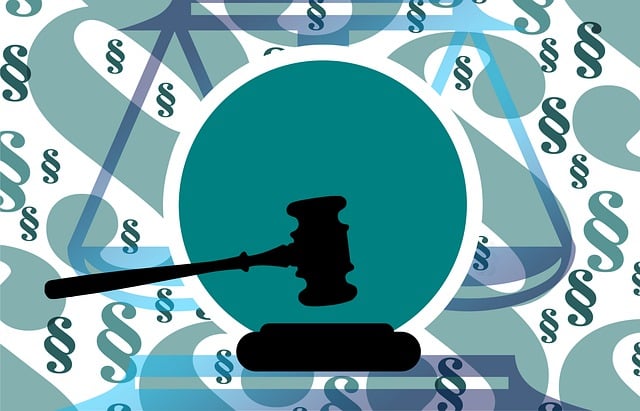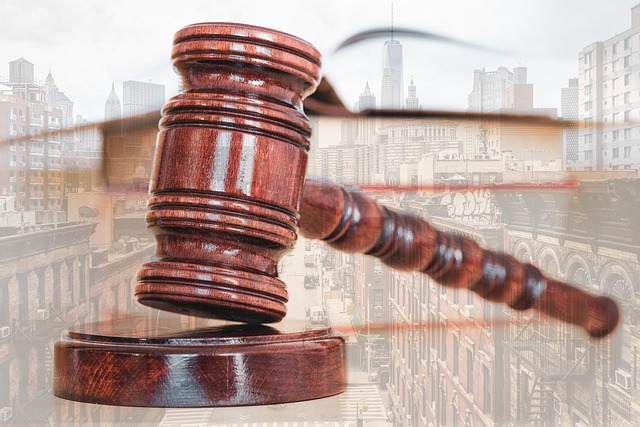Financial fraud, including identity theft, scams, and manipulation, demands vigilance. Recognizing red flags, employing data analytics for detection, and seeking specialized defamation of character legal advice are critical in preventing losses and mitigating legal implications. Proactive measures like security updates and staying informed help avoid scams. Case studies show advanced analytics and AI integration effectively prevent fraud while tailored legal guidance protects against defamation accusations.
Financial fraud is a growing global concern, with sophisticated criminals targeting individuals and institutions alike. Understanding common types and indicators is the first step in protection. This article explores various facets of financial fraud detection, from data analytics’ pivotal role to legal implications like defamation of character and seeking crucial legal advice. Learn about preventive measures and inspiring case studies showcasing successful fraud detection strategies.
- Understanding Financial Fraud: Types and Common Indicators
- The Role of Data Analytics in Fraud Detection
- Legal Implications and Defamation of Character: Seeking Advice
- Preventive Measures: Protecting Yourself from Financial Scams
- Case Studies: Successful Fraud Detection Strategies
Understanding Financial Fraud: Types and Common Indicators

Financial fraud is a complex and ever-evolving crime that can take many forms, from identity theft to investment scams. Understanding these various schemes is the first step in detecting and preventing them. Common types include credit card fraud, insurance claims manipulation, and Ponzi schemes, each with its own set of red flags. For instance, sudden and unexplained financial gains, unusual banking activities, or attempts to hide assets can be indicators of fraudulent behavior.
Early detection is crucial for avoiding indictment in high-stakes cases involving corporate and individual clients. Legal advice plays a vital role here, guiding victims on how to navigate the legal landscape and protecting them from further harm. By staying vigilant and recognizing common fraud indicators, individuals and businesses can take proactive measures, such as enhancing security protocols and implementing fraud detection systems, to safeguard their financial interests in these sensitive matters.
The Role of Data Analytics in Fraud Detection

In the realm of financial fraud detection, data analytics has emerged as a powerful tool to achieve extraordinary results. By leveraging advanced algorithms and sophisticated statistical methods, financial institutions can navigate through complex datasets to uncover suspicious activities that may indicate fraudulent behavior. This proactive approach not only helps in preventing substantial financial losses but also ensures the integrity of the global economic system. Data analytics facilitates the identification of patterns and anomalies, enabling analysts to flag potential cases of fraud at all stages of the investigative and enforcement process.
The role of data analytics extends beyond mere detection; it plays a pivotal part in providing legal advice during jury trials. Accurate and timely analysis of financial transactions can significantly strengthen or weaken cases involving defamation of character, ensuring fair outcomes. This integration of technology into legal proceedings underscores the evolving nature of fraud detection, where data-driven insights are transforming traditional investigative methods. By utilizing these advanced analytics tools, financial institutions and legal professionals alike can better protect against fraudulent activities and maintain the stability of their operations.
Legal Implications and Defamation of Character: Seeking Advice

When it comes to financial fraud detection, one crucial aspect often overlooked is the legal implications and the potential defamation of character that can arise during the process. Accusations of fraudulent activities can significantly impact an individual’s reputation and standing in the community. If found guilty, not only could there be substantial monetary fines and imprisonment, but the accused may also face public scrutiny and damage to their professional prospects. Therefore, seeking legal advice is essential for anyone involved or suspected of financial fraud.
A general criminal defense attorney can provide guidance tailored to his clients’ unique situations. They can help navigate the complex legal system, ensuring that rights are protected and challenging any wrongful accusations. With experience in winning challenging defense verdicts, these professionals can mitigate potential defamation of character by building a robust defense strategy. This may include examining evidence, questioning witnesses, and presenting alternative explanations to clear the accused’s name and protect their reputation.
Preventive Measures: Protecting Yourself from Financial Scams

Protecting yourself from financial scams is a proactive step to safeguard your financial well-being. One of the primary preventive measures is staying informed and vigilant. Being cautious of unsolicited emails, text messages, or phone calls asking for personal or financial information is crucial. Scammers often pose as legitimate organizations or individuals, using techniques like phishing to gain access to sensitive data. Regularly updating security software and being wary of suspicious links or attachments can significantly reduce the risk of falling victim to such attacks.
Seeking legal advice from reputable professionals is another effective strategy. Consulting with lawyers or financial advisors who specialize in fraud prevention can provide insights into common scams and the best practices to protect against them. Moreover, understanding the legal implications of defamation of character, which can be employed as a tool by scammers, empowers individuals to take proactive measures and defend themselves if necessary. This knowledge is especially valuable when interacting with unfamiliar entities or individuals within respective business, philanthropic, and political communities, where transparency and trustworthiness are paramount.
Case Studies: Successful Fraud Detection Strategies

In the realm of financial fraud detection, case studies offer valuable insights into successful strategies employed across the country. One notable approach involves a comprehensive analysis of transaction patterns and unusual behavior, which has proven effective in identifying fraudulent activities before they escalate. For instance, a major bank utilized advanced analytics to detect anomalies in customer accounts, leading to the early prevention of millions of dollars in potential losses. This proactive method not only highlights the importance of data-driven insights but also underscores the significance of avoiding indictment through swift action.
Additionally, case studies demonstrate the power of combining technological solutions with expert human judgment. Many financial institutions have found that integrating artificial intelligence and machine learning models into their fraud detection systems significantly enhances accuracy. These tools can sift through vast amounts of data to uncover subtle patterns indicative of fraudulent behavior. Moreover, leveraging legal advice tailored to each unique case has been instrumental in deflecting defamation of character accusations, ensuring the integrity of both individuals and institutions involved in jury trials.
Financial fraud is a complex and evolving challenge, but with the right tools and knowledge, it can be effectively detected and prevented. By understanding common types and indicators of fraud, leveraging data analytics, and adopting robust security measures, individuals and organizations can significantly reduce their risk. Moreover, seeking legal advice on defamation of character issues is crucial to navigating the complexities of financial scams. Staying informed and proactive is key to safeguarding your financial well-being in today’s digital landscape.






